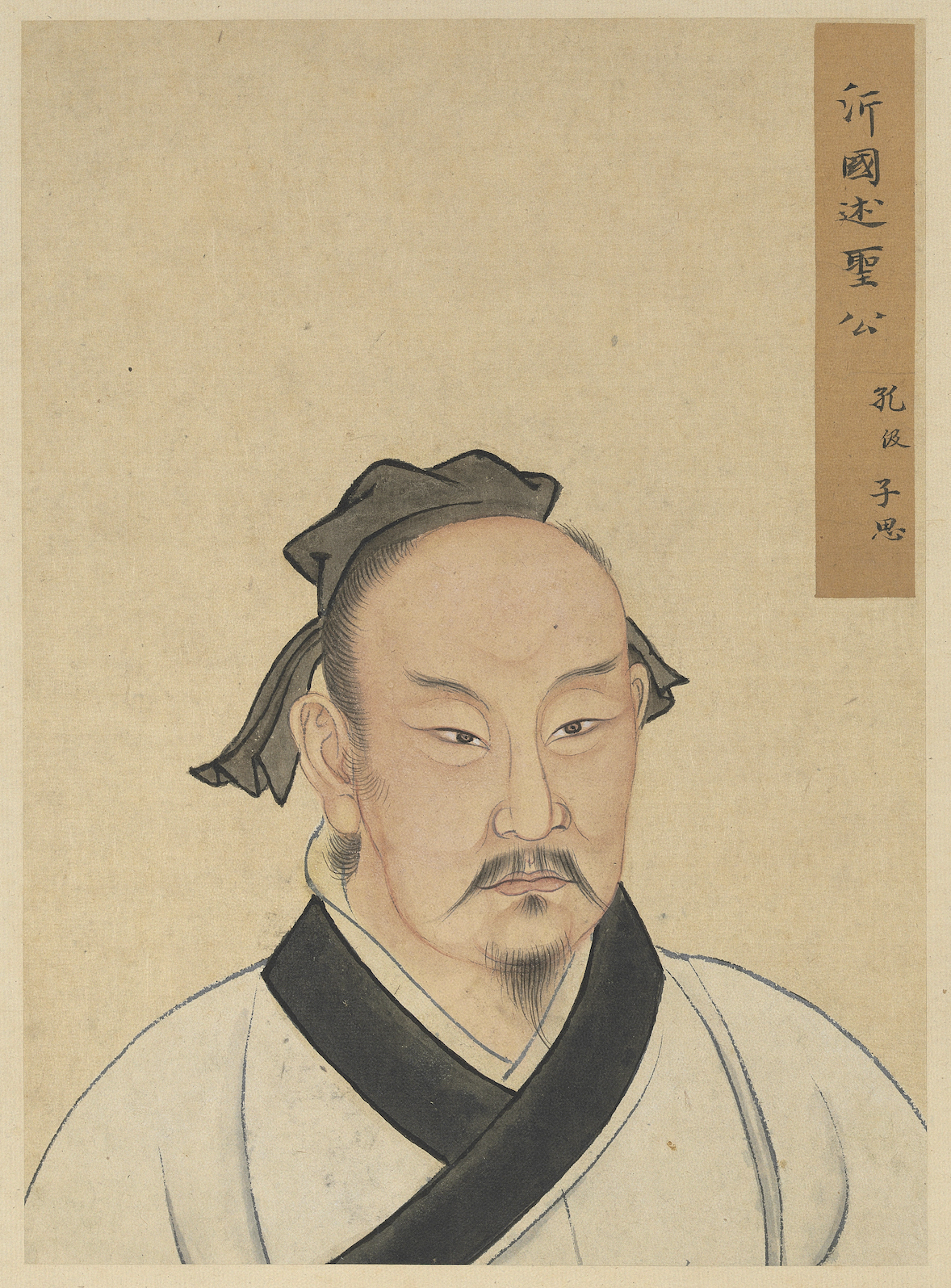Origine: The Doctrine of the Mean, p. 126
Zisi: Frasi in inglese
That is to say, this is the essence of God.
Origine: The Doctrine of the Mean, pp. 125–126
Origine: The Doctrine of the Mean, pp. 124–125
Origine: The Doctrine of the Mean, p. 124
Opening lines, p. 104
Variant translations:
What is God-given is called nature; to follow nature is called Tao (the Way); to cultivate the Way is called culture.
As translated by Lin Yutang in The Importance of Living (1937), p. 143
What is God-given is called human nature.
To fulfill that nature is called the moral law (Tao).
The cultivation of the moral law is called culture.
As translated by Lin Yutang in From Pagan to Christian (1959), p. 85
The Doctrine of the Mean
Variant translation: "Before joy, anger, sadness and happiness are expressed, they are called the inner self; when they are expressed to the proper degree, they are called harmony. The inner self is the correct foundation of the world, and harmony is the illustrious Way. When a man has achieved the inner self and harmony, the heaven and earth are orderly and the myriad things are nourished and grow thereby."
As translated by Lin Yutang in The Importance of Living (1937), pp. 143–144
Origine: The Doctrine of the Mean, p. 104
Origine: The Doctrine of the Mean, p. 123
